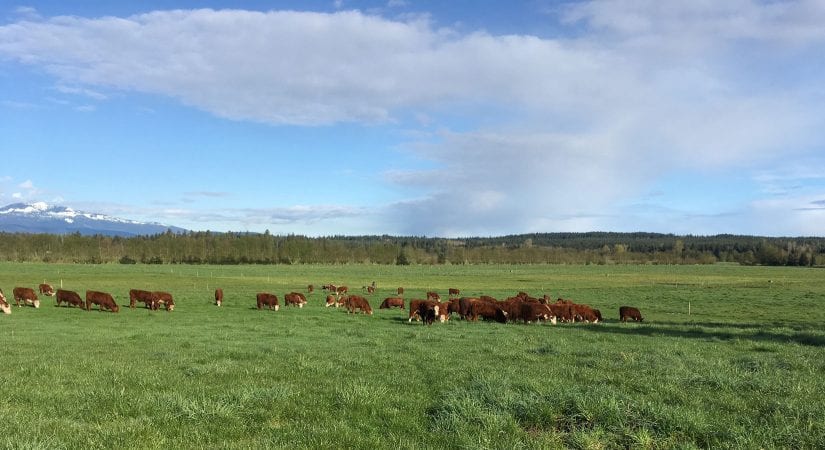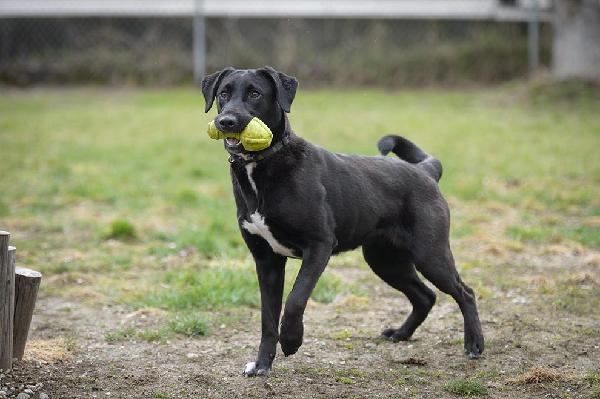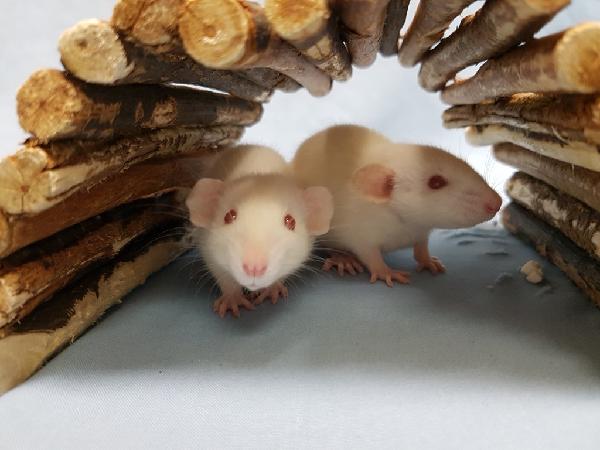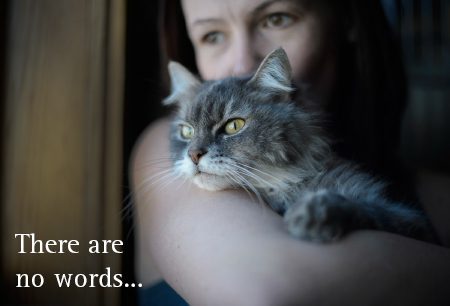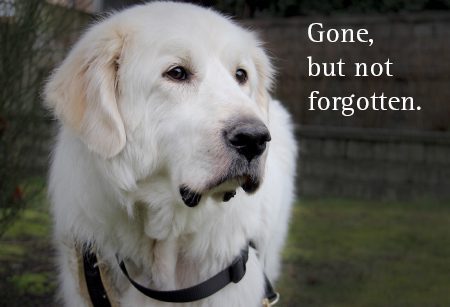Farm animals
B.C.’s Prevention of Cruelty to Animals Act (PCA Act) outlines generally accepted practices of animal management as a reason by which distress is legally acceptable.
Generally accepted practices of animal management are ways of handling or caring for animals that are commonly used by those responsible for them. Sometimes these practices still cause pain, suffering and distress to animals. If the practices haven’t been written down in any official document, it is up to experts like veterinarians and leaders in the relevant industry (such as animal farming, sled dogs, animal breeding or horse racing) to give expert testimony in court when there is an animal neglect or cruelty case.
Animals are better represented when practices are written and agreed to by a committee of experts that includes animal welfare experts. We call these documents ‘standards’ or ‘Codes of Practice‘. In Canada, the National Farm Animal Care Council coordinates the development of the Codes of Practice for the care and handling of farm animals. The Codes of Practice are nationally developed guidelines that serve as our national understanding of animal care requirements and recommended practices.
In 2019, the Codes of Practice were included in provincial law – through the adoption of the Animal Care Codes of Practice Regulation under the PCA Act. This means that the Codes of Practice for some industries now serve as the minimum standard for what is considered to be a ‘reasonable and generally accepted practice’ of farmed animal care in B.C.
For example, science shows that castrating (neutering) cattle is painful at any age. However, the Code of Practice only requires farmers to use pain control on animals over six months of age. Despite the fact that castrating without pain control causes pain and distress, farmers cannot be charged with animal cruelty for this distress because this is a ‘generally accepted practice’.
In order to better protect animals, it is important to continue to strengthen standards and Codes of Practice, so that generally accepted practices better align with science and societal values of how we should treat animals.
Read more about laws for farmed animals.
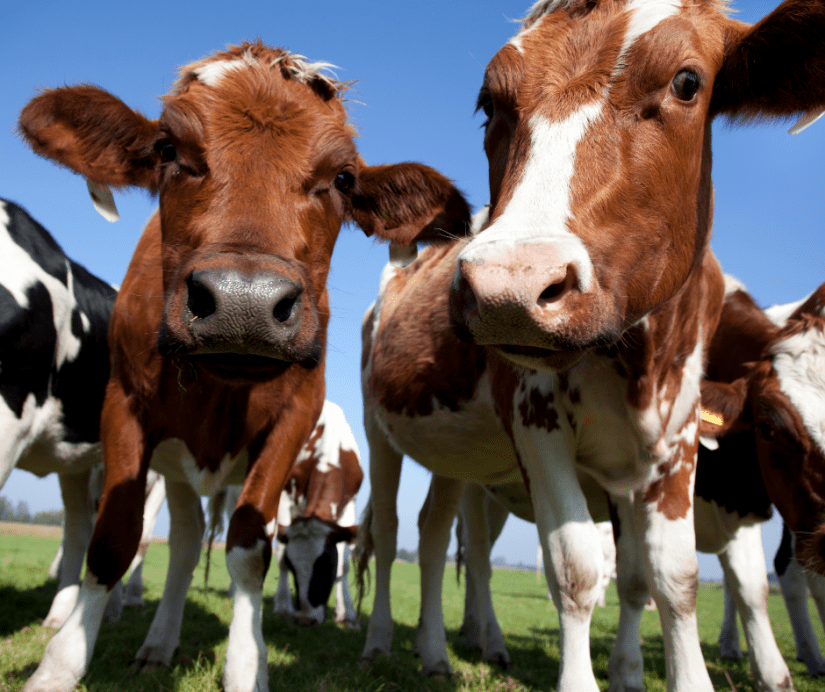
The BC SPCA supports the initiative to establish evidence-based standards and clear expectations for slaughter without prior stunning. Nonetheless, since slaughter without prior stunning has been scientifically demonstrated to cause unnecessary suffering, the BC SPCA’s position is that governments should take more substantial action by eliminating the practice in Canada, or at the very least, by requiring immediate post-cut stunning of every animal.
The BC SPCA believes that the methods used to kill any animal must be humane. Read more about the BC SPCA’s position on humane killing and farm animal welfare.
Ritual slaughter practices are legally permitted under B.C.’s and Canada’s meat processing laws. They are also effectively exempt from prosecution under the B.C. Prevention of Cruelty to Animals Act, as they constitute “reasonable and generally accepted practices” under the Act.
We will continue to fight for stronger standards to prevent suffering of these animals, including pushing for third-party monitoring and inspection of slaughter facilities.
